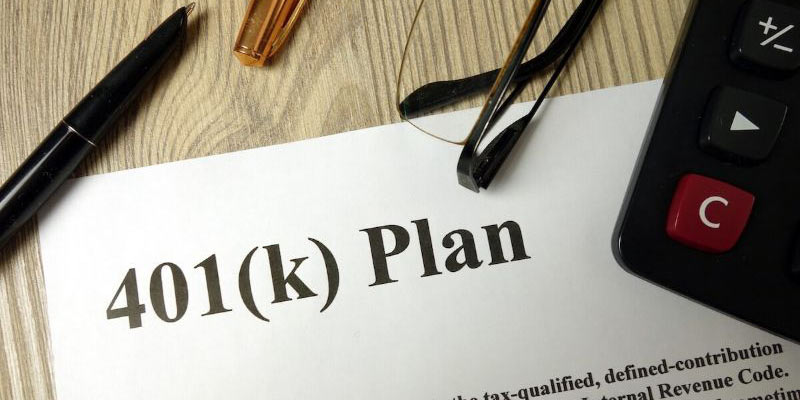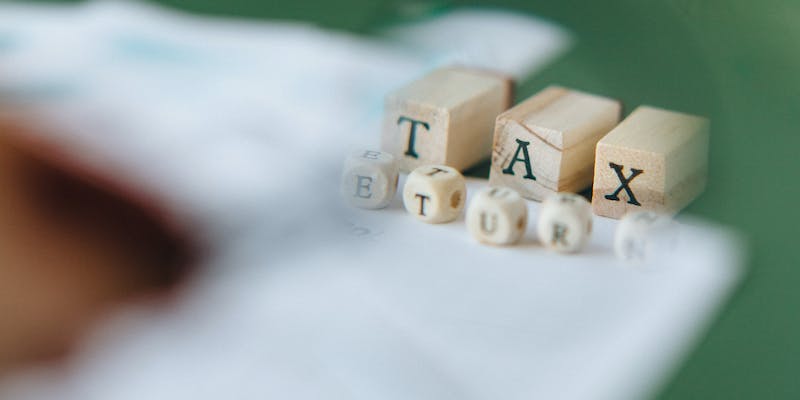Many individuals desire their home ownership. People typically use retirement funds to achieve this aim. One such option is using buy a house with 401k. This practice, while offering immediate access to funds, carries both advantages and disadvantages that deserve thorough consideration.
What are 401(k) Loans?

A 401(k) loan lets people borrow some of their retirement assets for immediate necessities like buying a home. Accessibility and cheap financing rates make this technique appealing. Before taking this action, you must fully comprehend the circumstance, including its immediate benefits and long-term effects.
These decisions may affect your retirement money and future finances, so you must understand them. 401(k) house purchase:
Taking a 401(k) Loan
Step 1: Understand Your Plan's Rules
Check your 401(k) plan's loan rules before borrowing. Loan limits, payback periods, and application procedures vary by plan.
Step 2: Determine Loan Eligibility
Check whether your plan allows loans for home purchases and understand the maximum loan amount you can borrow, which is usually around 50% of your vested account balance.
Step 3: Apply for the Loan
To apply for a loan, provide your plan administrator with the papers. The loan's purpose can be either a house purchase or at least initiate the process.
Step 4: Repayment Terms
Your repayment plan will include an interest rate and timeline once authorized. Hence, your retirement account gets the interest you pay.
Step 5: Repayment Schedule
Follow the timetable to return the loan on time. Penalties and taxes may result if not.
Making a 401(k) Withdrawal
Step 1: Confirm The Eligibility Criteria
Find out if your plan allows for withdrawals for home purchases and understand the tax implications associated with withdrawals before the age of 59½.
Step 2: Assess Financial Impact
Consider the potential impact of the withdrawal on your retirement savings and overall financial stability. Withdrawals come with taxes, potential penalties, and loss of investment growth.
Step 3: Initiate the Withdrawal
Contact your plan administrator and request a withdrawal for the purpose of buying a house. You may need to provide documentation to demonstrate that the funds will be used for a qualified home purchase.
Step 4: Tax Consequences
Be prepared for income taxes on the withdrawal amount and a potential 10% early withdrawal penalty if you're under 59½.
Step 5: Future Financial Planning
After withdrawing, review your retirement savings arrangement to look at raising payments to make up for the loss.
Pros and Cons of Using Your 401(k) to Buy a House
Following are the main pros and cons of using your 401(k) to buy a house:
Pros: Buy a House with 401k
Immediate Access to Funds
Using your 401(k) to buy a house provides quick access to funds without going through the lengthy process of mortgage applications and approvals. This can be advantageous in competitive real estate markets.
Bypassing Traditional Lenders
If you have a less-than-stellar credit history, using your 401(k) allows you to avoid the stringent credit checks and documentation required by traditional mortgage lenders.
Flexible Repayment Terms
401(k) loans generally offer more flexible repayment terms compared to traditional mortgages. You set the repayment schedule, and the interest payments go back into your retirement account, benefiting your financial future.
No Approval Process
Borrowing from your 401(k) doesn't involve external lenders. Therefore, you don't need to go through a credit approval process, making the transaction smoother and less time-consuming.
Cons: Buy a House with 401k
Risking Retirement Savings
The most significant drawback of tapping into your 401(k) to buy a house is the potential harm to your retirement nest egg. By withdrawing funds prematurely, you're jeopardizing the compounding growth that could accrue over the years.
Missed Investment Opportunities
The money withdrawn from your 401(k) misses out on potential market gains. Over time, these missed opportunities can have a substantial impact on your financial future.
Loan Repayment Requirements
Your 401(k) debt may need to be returned soon if you quit your employment. Failure to do so could result in penalties and taxes.
Double Taxation
The repayment of a 401(k) loan is done with post-tax dollars. However, when you eventually withdraw funds from your retirement account during retirement, they're taxed again, potentially leading to double taxation.
Potential Loss of Employer Match
Utilizing a 401(k) loan could result in lower contributions to your retirement account, possibly causing you to miss out on employer-matching contributions during the loan repayment period.
Considerations: To Buy a House with 401k
Loan Limits and Repayment Terms
Each 401(k) plan sets specific loan limits and repayment terms. While using a 401(k) loan to buy a house might be an option, it's crucial to understand the exact terms your plan offers.
Opportunity Costs
Carefully weigh the opportunity costs of using your retirement savings for a home purchase. Explore other financing options, such as traditional mortgages, and assess their long-term implications.
Home Equity vs. Retirement Savings
Borrowing from your 401(k) to buy a property is like trading home equity for retirement funds. It's crucial to reconcile home necessities with future financial stability.
Conclusion

Using your 401(k) for purchasing a house depends on your housing requirements and financial goals. The pros and cons of using 401(k) loans to finance a home purchase underscore the complexity of this decision. Accessing cash for a down payment may be tempting, but it might affect savings for retirement and financial stability.
Financial advisers can offer customised advice before making any decisions. Remember that your 401(k) is vital for ensuring your financial future, so using it to purchase a property should be done with prudence and full understanding.




